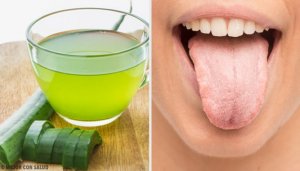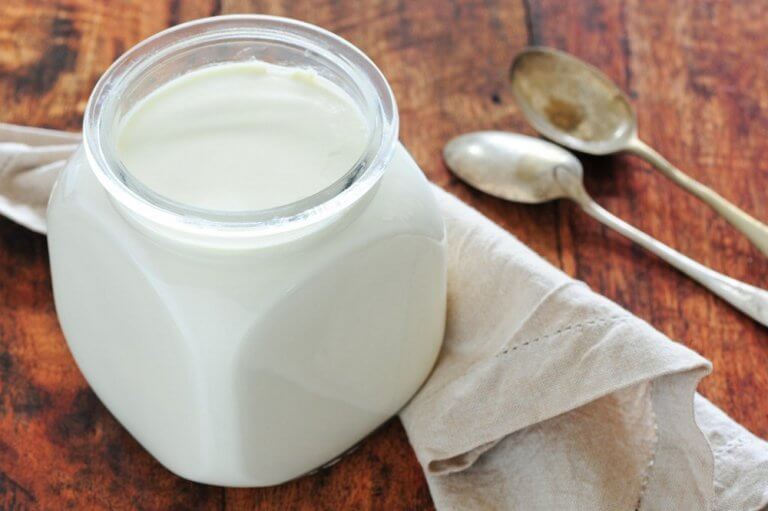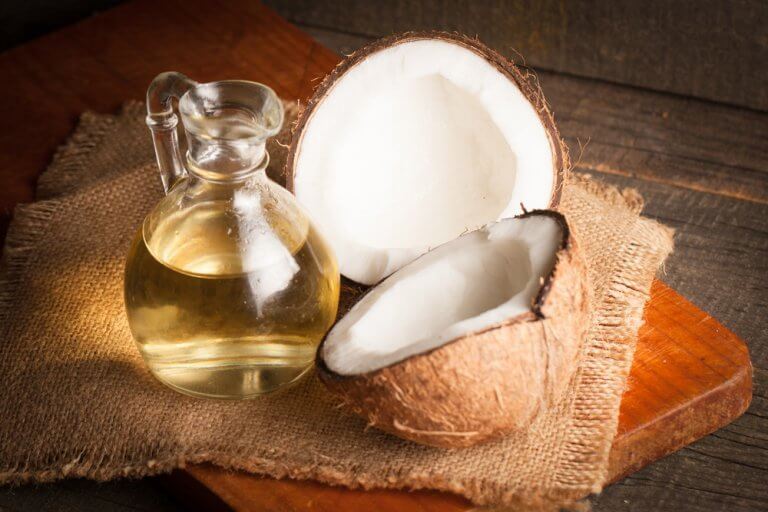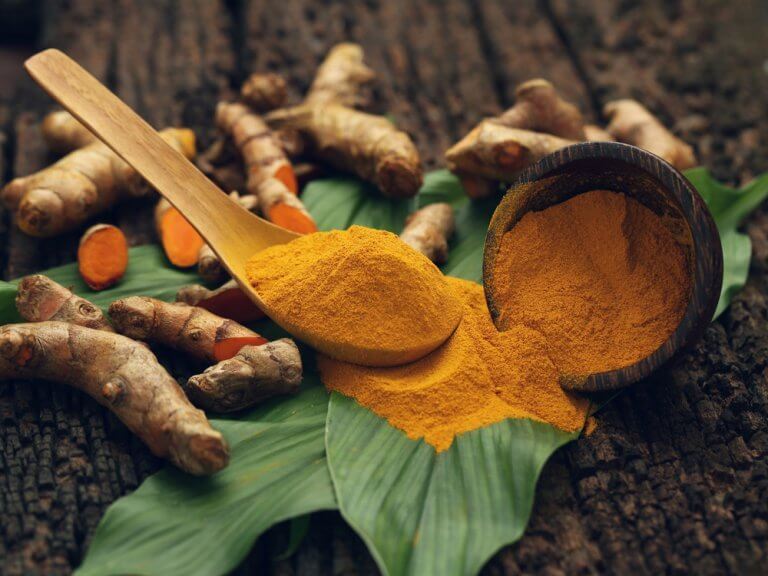Seven Natural Remedies to Prevent White Tongue


Reviewed and approved by the doctor José Gerardo Rosciano Paganelli
Do you want to know how to prevent white tongue? The tongue is one of the most important and useful organs in our body. It lets us talk and distinguish flavors, so it should always be kept clean.
A white tongue is a consequence of the accumulation of bacteria, dead cells, and a sign that something could be wrong with our health.
Smoking, alcoholism, dehydration, taking certain medications and poor oral hygiene are some of the most common causes of white tongue. It can also be a symptom of oral candidosis, leukoplakia, or other conditions.
When you start to notice your tongue is white, you’ll only notice a few spots. When the problem starts to get worse, these patches will get larger until they cover your entire tongue.
Depending on the cause, the treatment will be different. Therefore, there’s no general treatment to prevent white tongue as such, but for the cause that’s causing it.
First and foremost, the most important thing is to follow your doctor’s instructions and, at the same time, try to improve your lifestyle habits. For example, if the problem has been poor oral hygiene, then you should improve your daily oral hygiene.
Some people believe that by consuming certain foods or beverages or trying other natural remedies, they can improve in a shorter period of time. Let’s take a look at some of these.
Remedies to prevent the white tongue
1. Probiotics

- To get probiotics, you can eat yogurt daily or take probiotic capsules
- Yogurt is a great idea if you’re also interested in having a balanced diet
- The capsules are easy to find in all-natural stores
Read about Probiotic Supplements: When to Take Them
2. Glycerine
Glycerine is of great help when fighting the white tongue because it eliminates oral bacteria and keeps them from accumulating. In order for it to have a prolonged effect, you should use glycerine constantly. Ideally, you should apply it once a day if the problem is mild or twice a day if your tongue is more affected.
- Just apply a little bit of glycerine to your smooth bristled toothbrush
- Brush your tongue for 2 minutes and then rinse with warm or cool water
3. Coconut oil

Ingredients
- 1 tsp. of coconut oil
- Soft-bristled toothbrush
Preparation
- Right after waking up in the morning, wash your mouth with coconut oil
- Pay special attention to the tongue and brush it for 3 to 4 minutes
- Rinse with cool water and brush with your regular toothpaste
4. Aloe vera juice
This kind of juice has anti-fungal, antibacterial, and anti-inflammatory properties that softly remove the white layer that forms on the tongue.
We recommend that you use recently extracted, natural aloe vera juice instead of commercial options.
- Use two tablespoons of aloe vera juice to rinse your mouth. Do this using the necessary time to completely rinse your entire mouth.
- Then, brush with your regular toothpaste
5. Prevent white tongue with sea salt
Sea salt is another infallible remedy that fights the white tongue. Although you can use regular salt, we recommend sea salt because it has larger crystals that make it better for exfoliation.
Salt removes dead cells that accumulate on the tongue, is a great antiseptic, and kills bacteria.
- You only need a pinch of sea salt and apply it directly onto your tongue
- Brush your tongue with your toothbrush for three minutes and then rinse with warm water
6. Turmeric

Turmeric is antibacterial and helps to remove the white layer that accumulates on our tongues. To increase its power, we recommend that you add a little lemon juice. That will make it easier to brush.
- You just need to take a teaspoon of turmeric and mix it with lemon juice
- Use the paste to brush your tongue for three minutes and rinse with cool water
Learn about these Five Benefits of Drinking a Turmeric Tisane
7. Mint
Some people think that mint doesn’t just help fight bad breath but also the bacteria that cause white tongue. Therefore, there are people who make mint rinses with aloe vera to prevent bad breath.
Another study evaluated the effects of aloe vera gel with mint to combat dry mouth and improve oral health in patients hospitalized in the Intensive Care Unit.
Researchers concluded that the use of this rinse could be beneficial in some cases, for example, in reducing the incidence and severity of mucus.
Tips to prevent the white tongue
As you can see, there are many natural remedies for eliminating the bacteria that has accumulated on your tongue. We recommend that, once you’ve eliminated the problem, take the following precautions to ensure it doesn’t come back:
- Brush your teeth at least 3 times a day. This seems like obvious advice, but it’s common to skip over a brushing, especially in the afternoon.
- Go to your dental checkups periodically
- If you’ve already notice excess bacteria, it’s necessary that you maintain your hygiene as much as you can. Use floss and mouthwash at least 4 times a week.
- Drink enough water. In addition to staying hydrated, the water will help to eliminate the bacteria that has accumulated in your mouth. You don’t need to force yourself to drink two quarts a day, but you do need to drink more than 3 glasses of water a day. And a little more if you’re physically active.
Do you know of another remedy to prevent white tongue? Tell us which works best for you.
All cited sources were thoroughly reviewed by our team to ensure their quality, reliability, currency, and validity. The bibliography of this article was considered reliable and of academic or scientific accuracy.
- Mayo Clinic Staff. (2016, March 12). Oral lichen planus
org/diseases-conditions/oral-lichen-planus/home/ovc-20196706 - Mouth ulcers. (2016, March 15)
uk/conditions/mouth-ulcer/pages/introduction.aspx - Types and causes of mouth problems. (2015, July 30). Retrieved from
org/about-cancer/coping-with-cancer/coping-physically/mouth/types-and-causes-of-mouth-problems
This text is provided for informational purposes only and does not replace consultation with a professional. If in doubt, consult your specialist.








